Spirulina, often hailed as the "food of the future," is a microscopic algae with centuries-old roots in human consumption. Despite often being mistaken for a herb, Spirulina is a bacteria thriving in freshwater bodies like lakes and rivers.
Its remarkable nutritional value and health benefits have made it a staple for vegetarians, vegans, and health-conscious individuals worldwide.

Historical significance
Dating back 3.5 billion years, Spirulina holds a pivotal role in Earth's evolutionary history.
As cyanobacteria, these single-celled organisms pioneered photosynthesis, paving the way for the development of terrestrial plants and oxygen-breathing life forms.
Spirulina's legacy extends to ancient civilizations like the Aztecs, who revered it for its nutritional prowess. From Aztec emperors to modern-day health enthusiasts, Spirulina's journey is a testament to its enduring appeal.
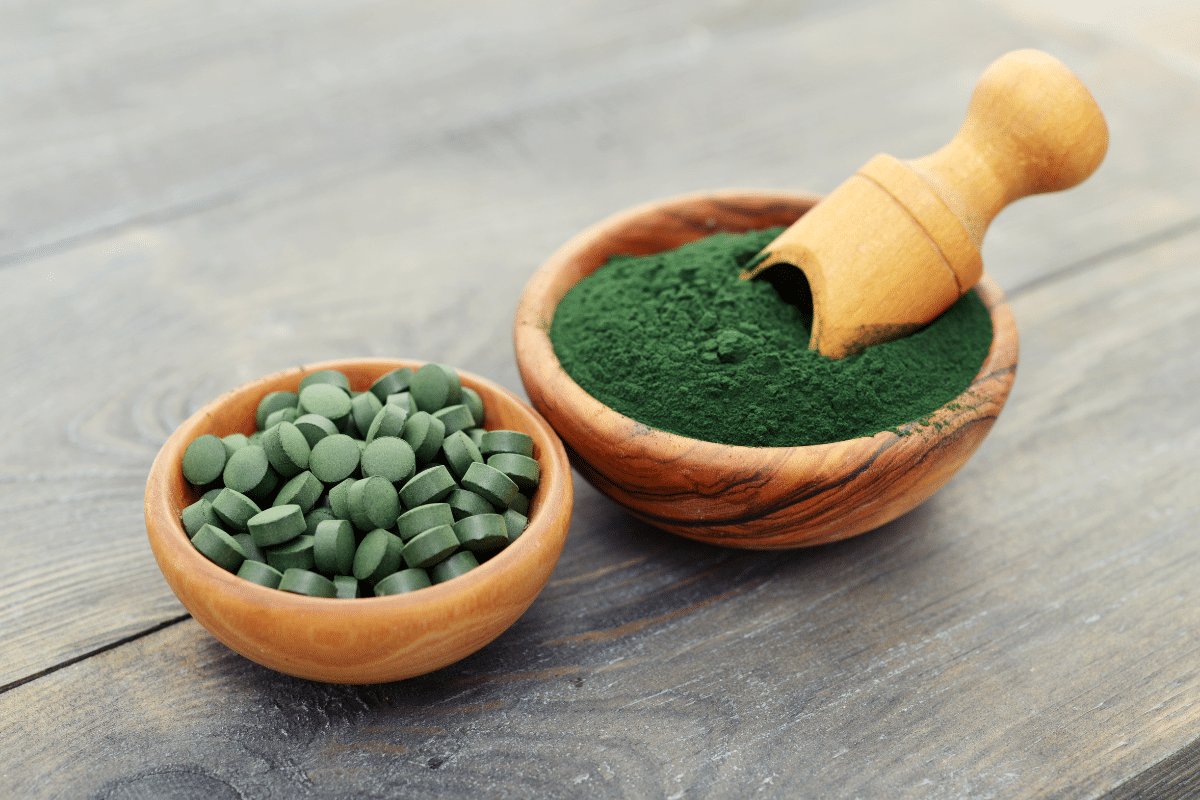
Cultivation and availability
Spirulina stands out for its efficiency in synthesizing concentrated nutrients in the quest for sustainable food sources. Cultivated commercially across the globe, major producers include Japan, India, China, the USA, and Australia.
Both green and blue varieties are readily available, offering you a versatile and nutrient-rich dietary option year-round.

A nutritional powerhouse
Diving into its nutritional composition reveals Spirulina's superfood status. With 70% complete protein and a balanced array of essential amino acids, it surpasses many conventional protein sources.
Additionally, Spirulina boasts an impressive array of vitamins, minerals, and fatty acids, making it a comprehensive nutritional powerhouse in a single serving.
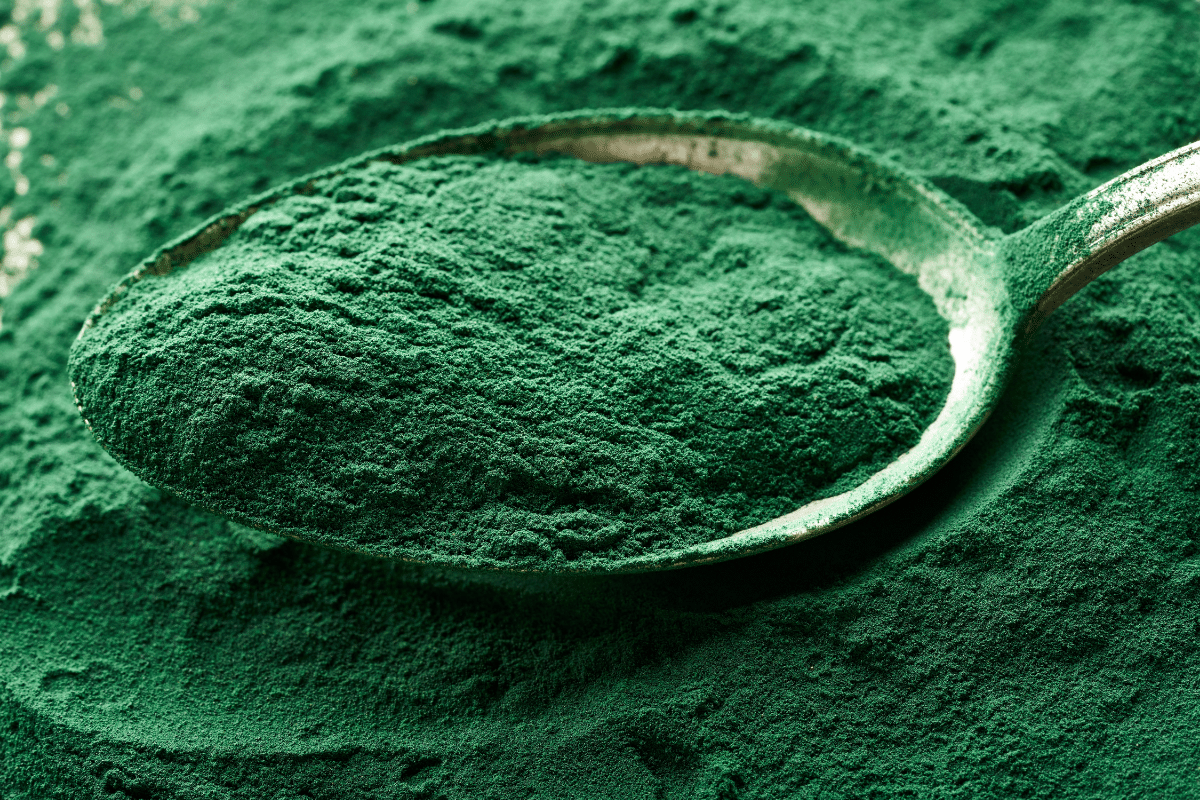
Nutritional content
Scientific research underscores Spirulina's potential health benefits, with over 1,800 peer-reviewed articles attesting to its efficacy.
Here is the nutrition breakdown from the USDA Food Data Chart
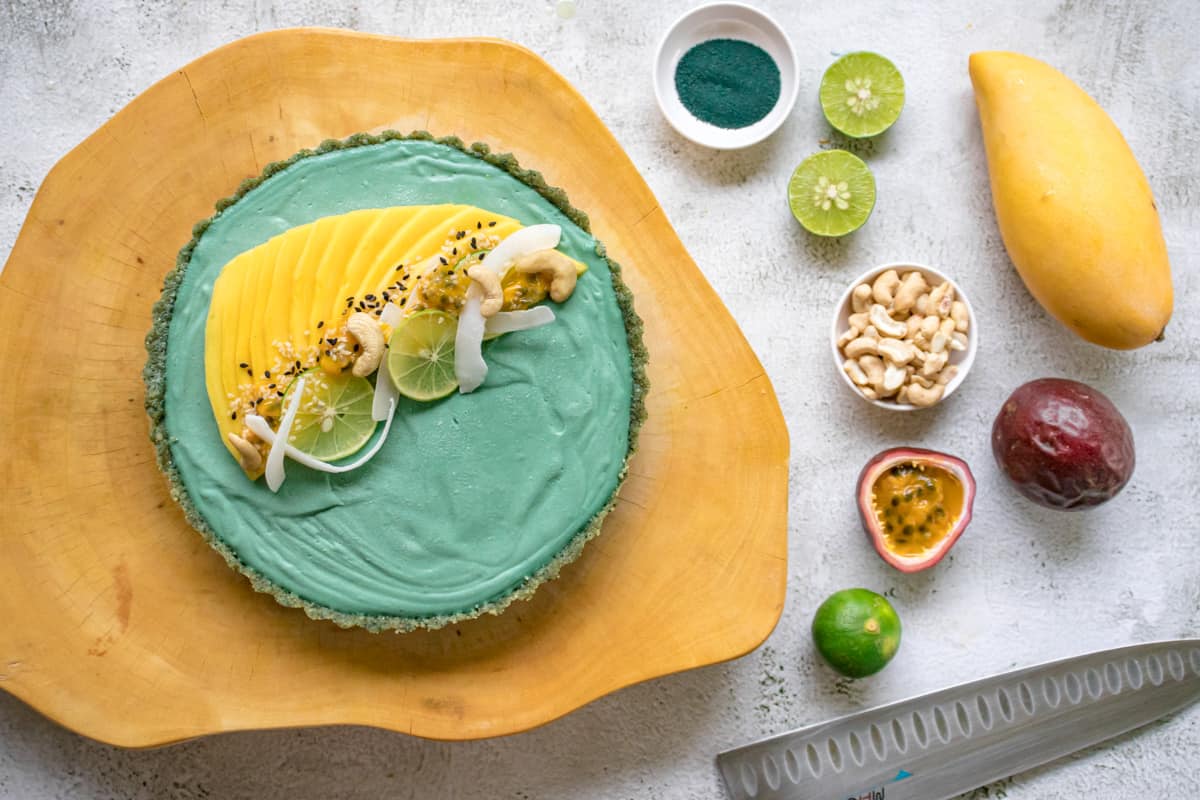
Incorporating spirulina into your diet
Harnessing this super green algae's nutritional benefits is simple and rewarding. From fresh smoothies to nutrient-packed energy balls, the possibilities are endless.
However, its potent flavor needs gradual incorporation into recipes, ensuring a palatable experience for all! The unique flavor can be balanced with acidic ingredients such as citrus or passion fruit.
We vote with our forks and knives every day. Our food choices impact the environment. Read my recent article here on 'The environmental impact of the food we choose to eat'

Supplementation Considerations
While dietary incorporation is beneficial, supplementation offers a concentrated dose of Spirulina's nutrients. When opting for supplements, sourcing from reputable suppliers ensures quality and efficacy.
Additionally, consulting healthcare professionals for personalized guidance is advisable, especially for those with specific dietary needs or medical conditions.

Algae powered recipes
Spirulina can elevate various dishes, transforming mundane meals into nutrient-packed culinary delights. You can add spirulina to breads, pastries, plant milks, cakes, raw desserts, pancakes, salad dressings, smoothies, juices, ice cream, and many more recipes!
Key Lime Pie

Fascinating Spirulina Facts
- Space Age Superfood: Spirulina holds the distinction of being one of the few foods recommended by NASA and the European Space Agency (ESA) for astronauts on long-term space missions. Its compact form, high nutritional content, and ability to thrive in controlled environments make it an ideal candidate for sustaining human health beyond Earth's atmosphere.
- Oxygen Pioneer: Billions of years ago, Spirulina played a vital role in shaping Earth's atmosphere. As cyanobacteria, it was among the earliest organisms to engage in photosynthesis, releasing oxygen as a byproduct. This oxygenation process laid the foundation for the development of aerobic life forms, ultimately shaping the planet's ecological balance as we know it today.
- Antioxidant Powerhouse: Despite its diminutive size, this green algae packs a potent punch in terms of antioxidant activity. Just 3 grams (1 tablespoon) of Spirulina contains more antioxidant and anti-inflammatory activity than five servings of vegetables combined. This antioxidant prowess not only supports overall health but also contributes to Spirulina's potential in combating oxidative stress and age-related diseases.
References
- Scientific research studies: https://pubmed.ncbi.nlm.nih.gov/?term=spirulina



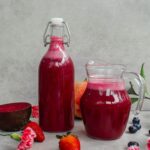










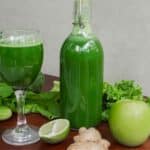


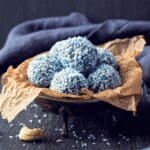


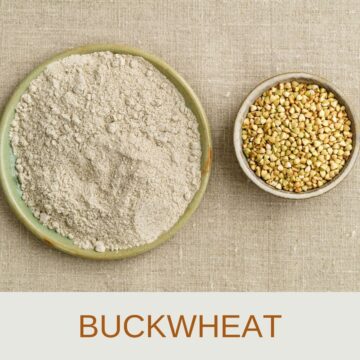

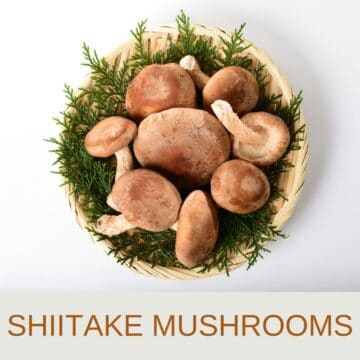
Did you make this recipe? Let me know!